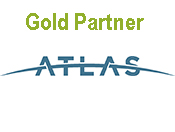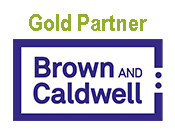LSPA Field Course: Sediment, Surface Water, and Biota Sampling Methods to Support MCP Assessments
We received great feedback from attendees on the LSPA Field Course: Sediment, Surface Water, and Biota Sampling Methods to Support MCP Assessments which was held on June 22 at Woods Hole Group in East Falmouth, MA and nearby wetlands and waterfront. The weather cooperated and made for a beautiful day out on the water!
Participants learned the advantages and limitations of the various sampling techniques by conducting the sampling directly. Sampling was done both from shore and in workboats- collection of bottom dwelling organisms (e.g. invertebrates), sediment for toxicity testing and grain size analysis, fish, plants, water quality data (dissolved oxygen, pH, temperature, salinity profiles), surface water, and deep water and sediment samples for chemical analysis.
Participants learned how to: choose the correct sampler for specific environmental conditions; choose the correct sampler to target specific types of biota; use real time depth profiles of salinity, oxygen, and temperature in development of sampling plans; specify sample volume to meet laboratory constraints for the analysis of sediment, surface water, and biota; safely deploy sampling equipment from a small boat; operate each sampler; and handle aquatic samples to maintain quality control.
Below are some pictures from the field course, courtesy of James Decoulos, LSP, Decoulos & Co.
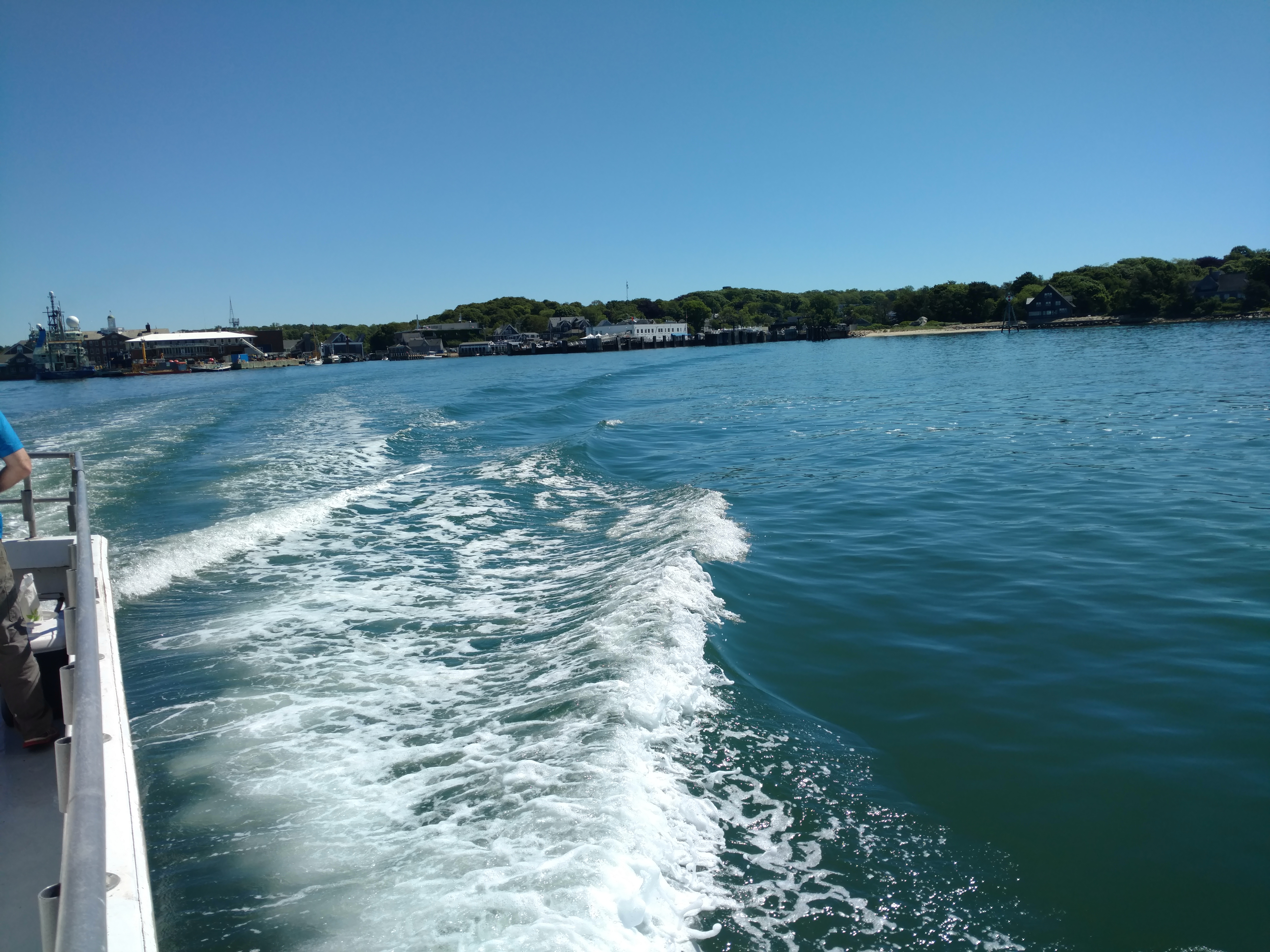
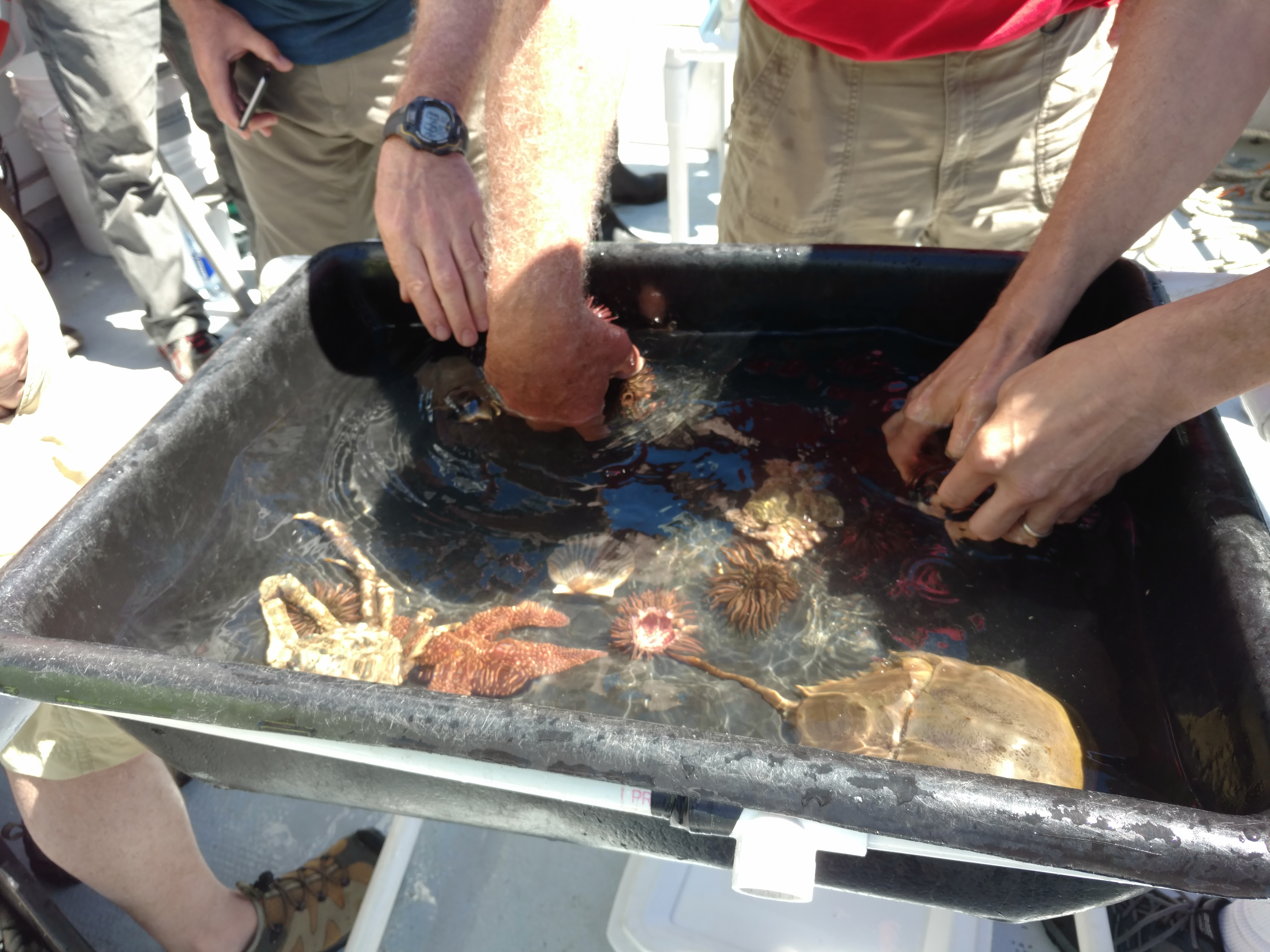
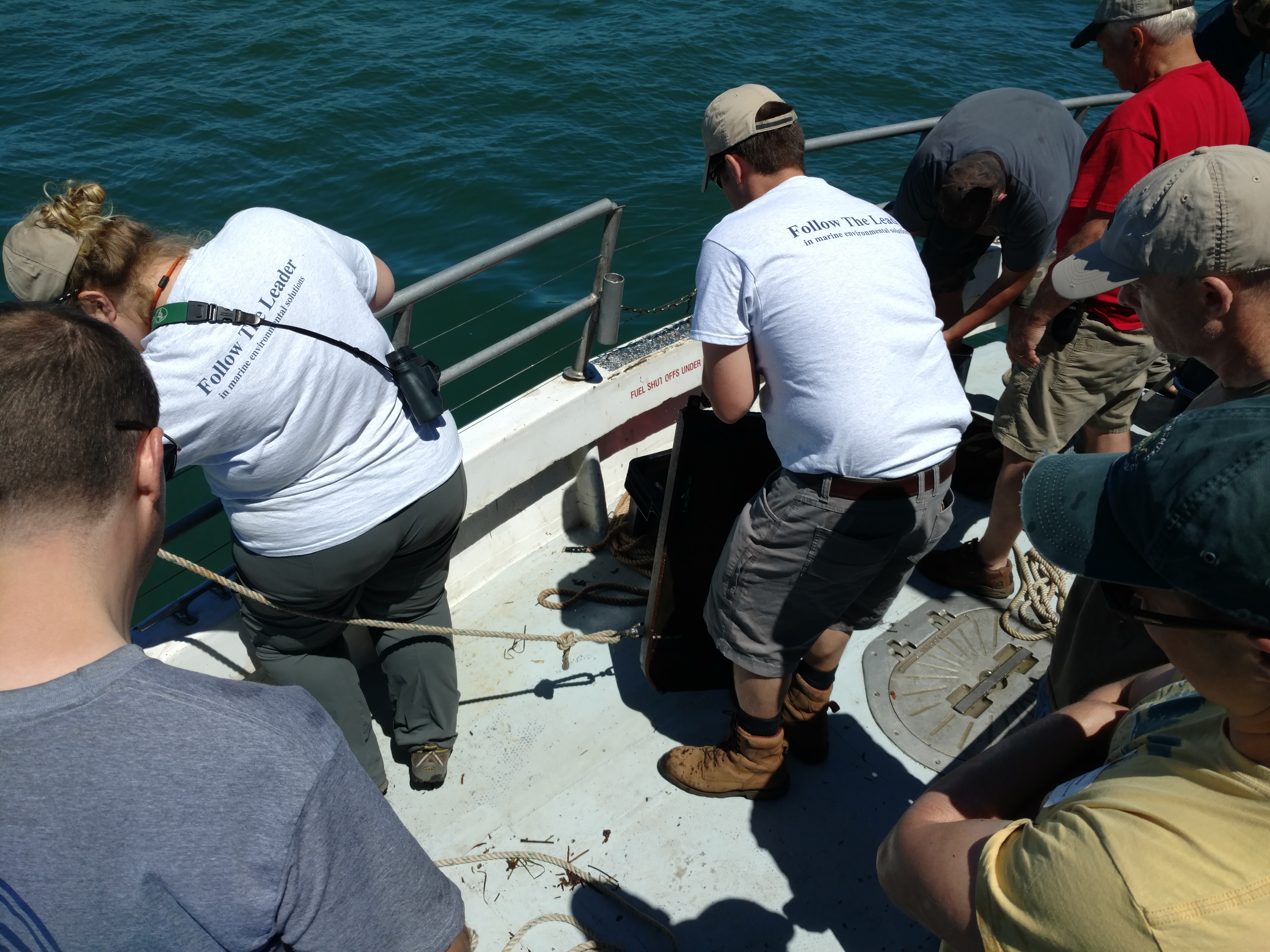
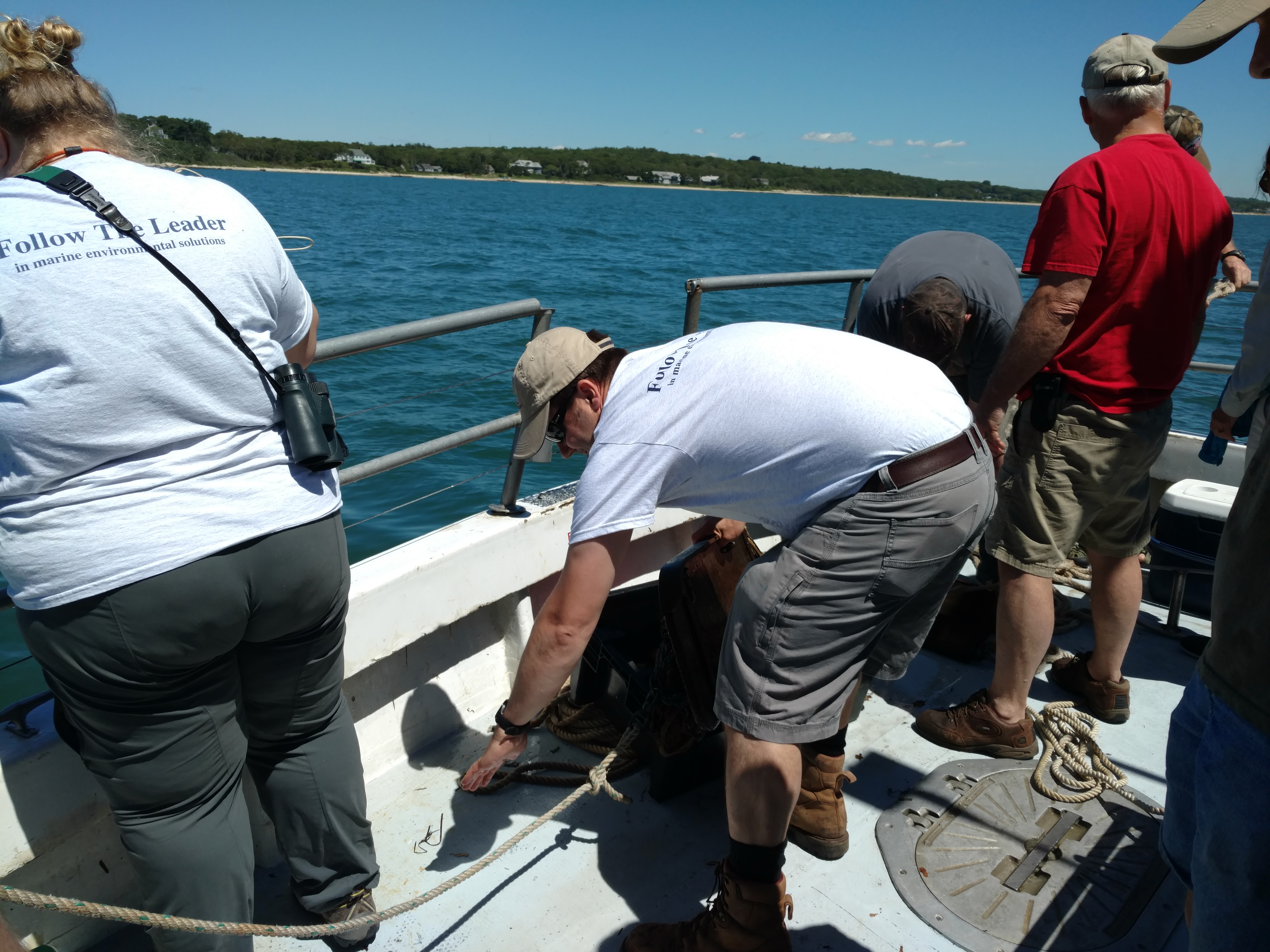
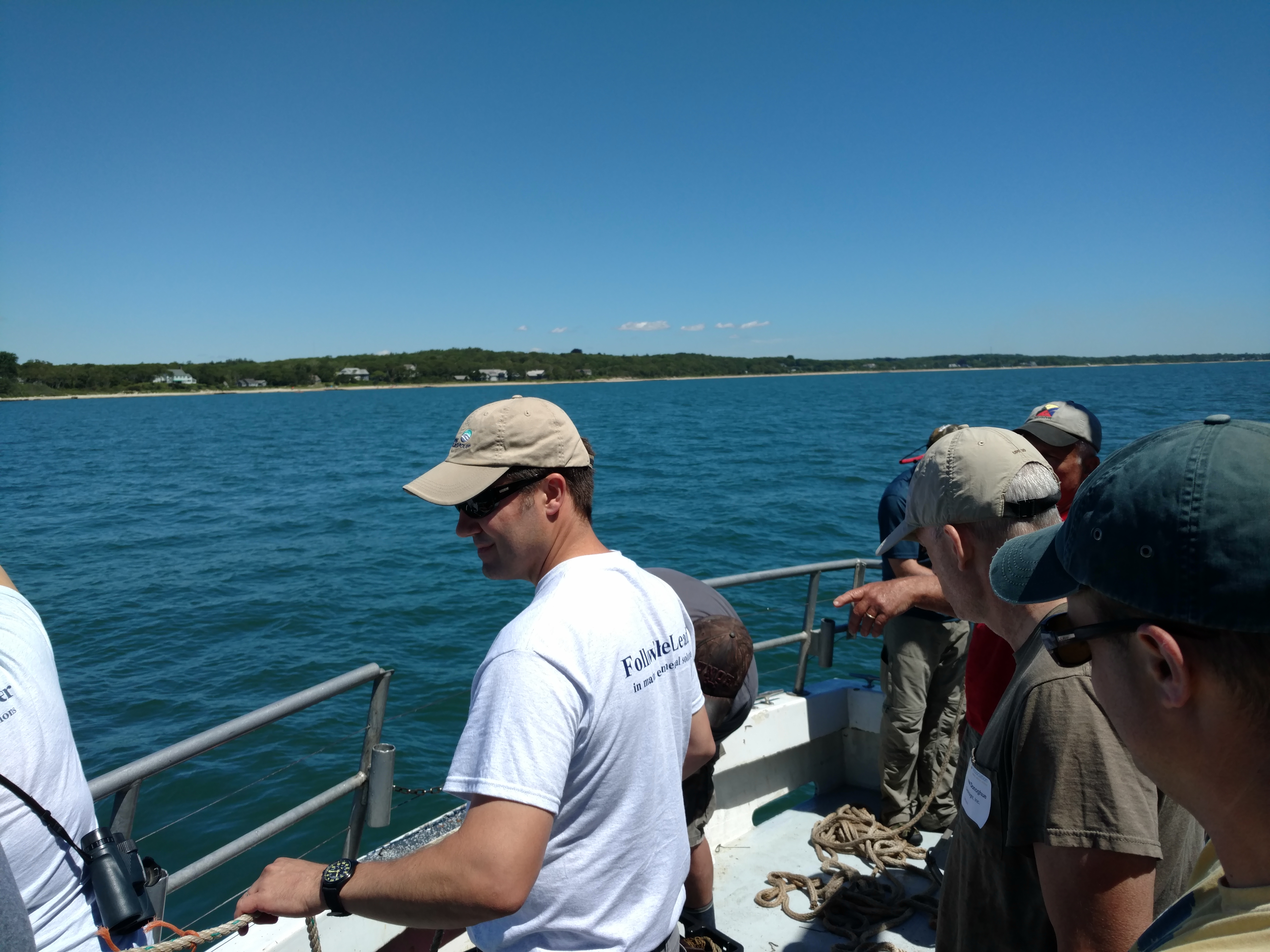
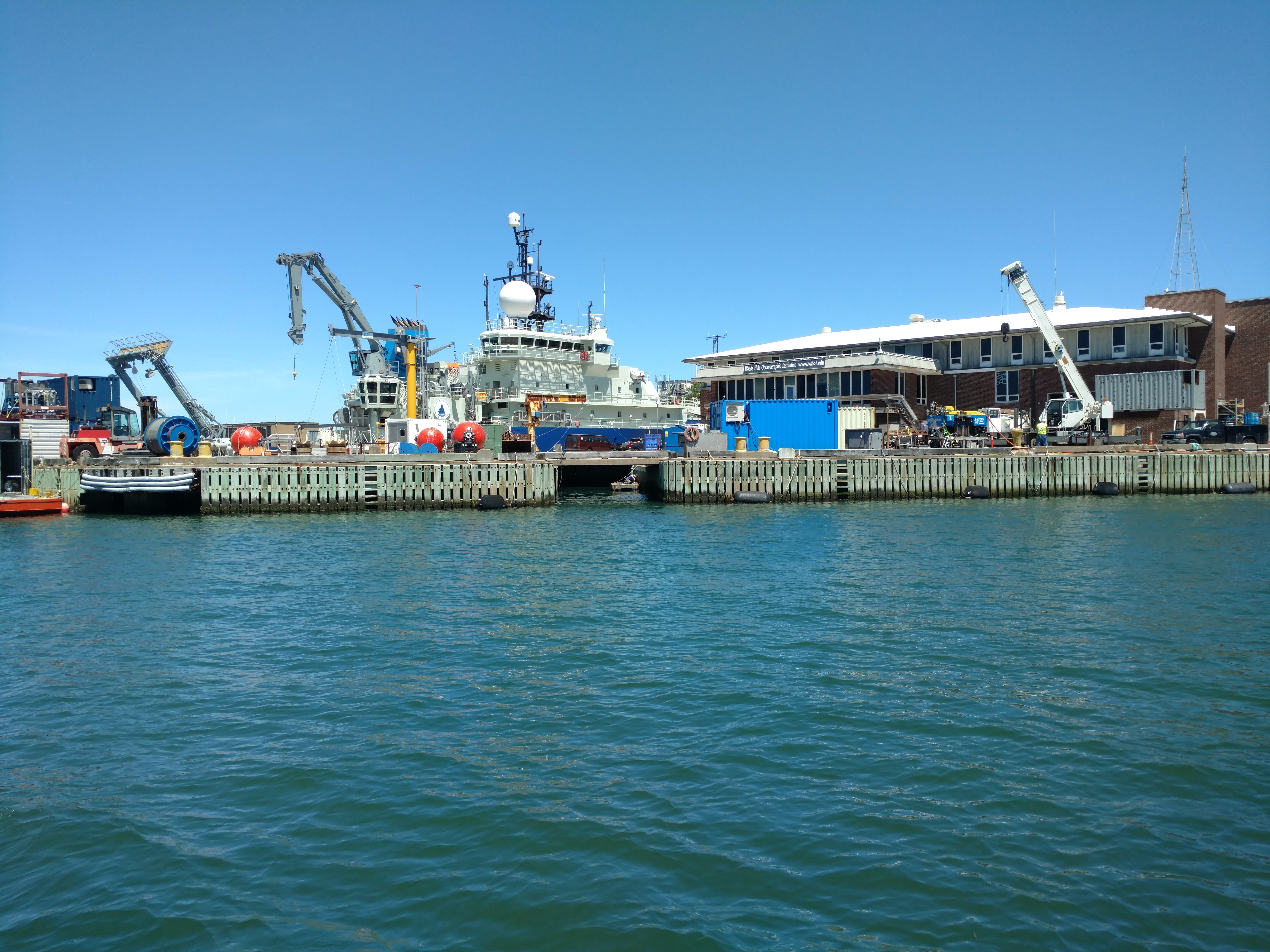
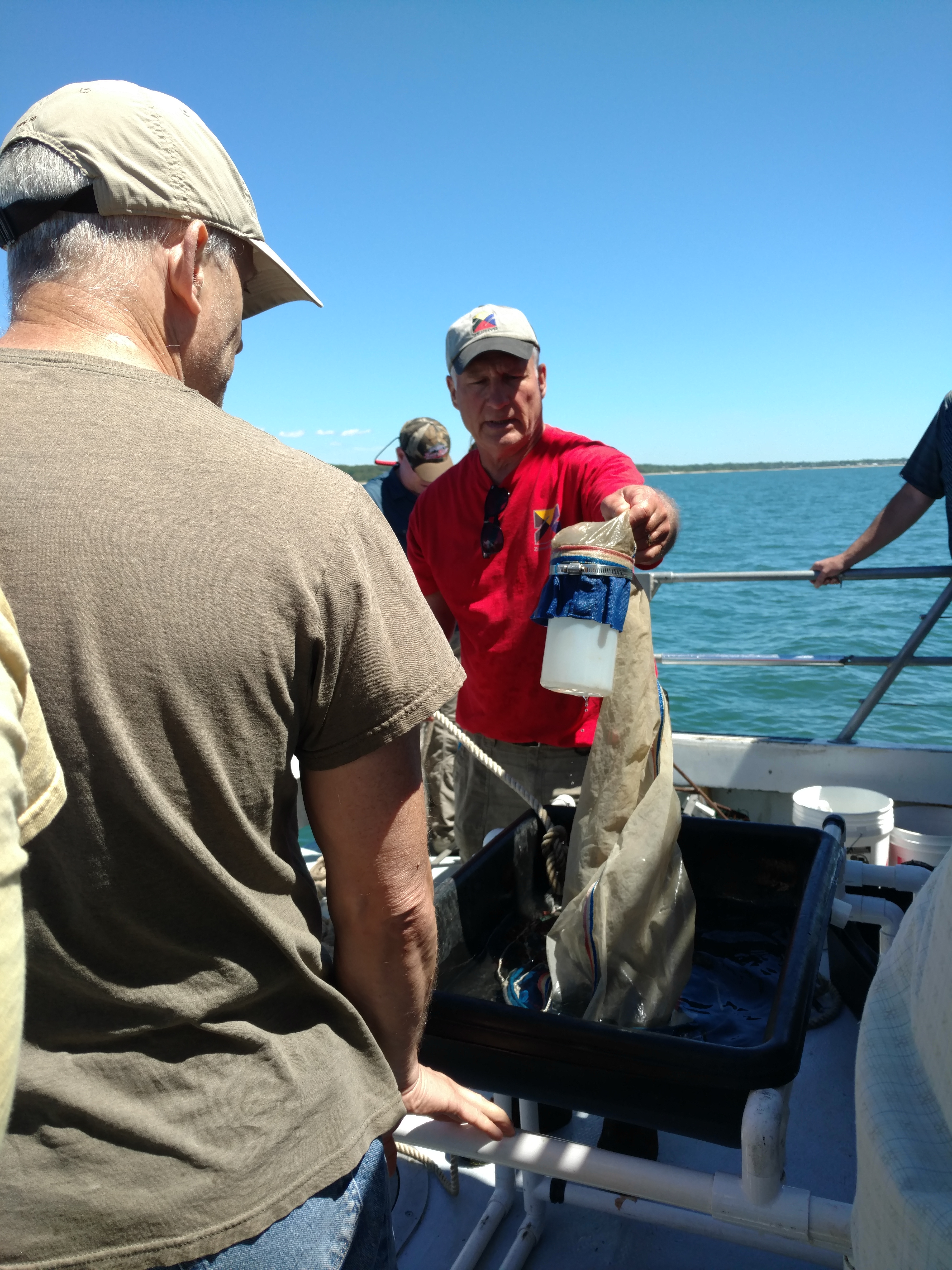
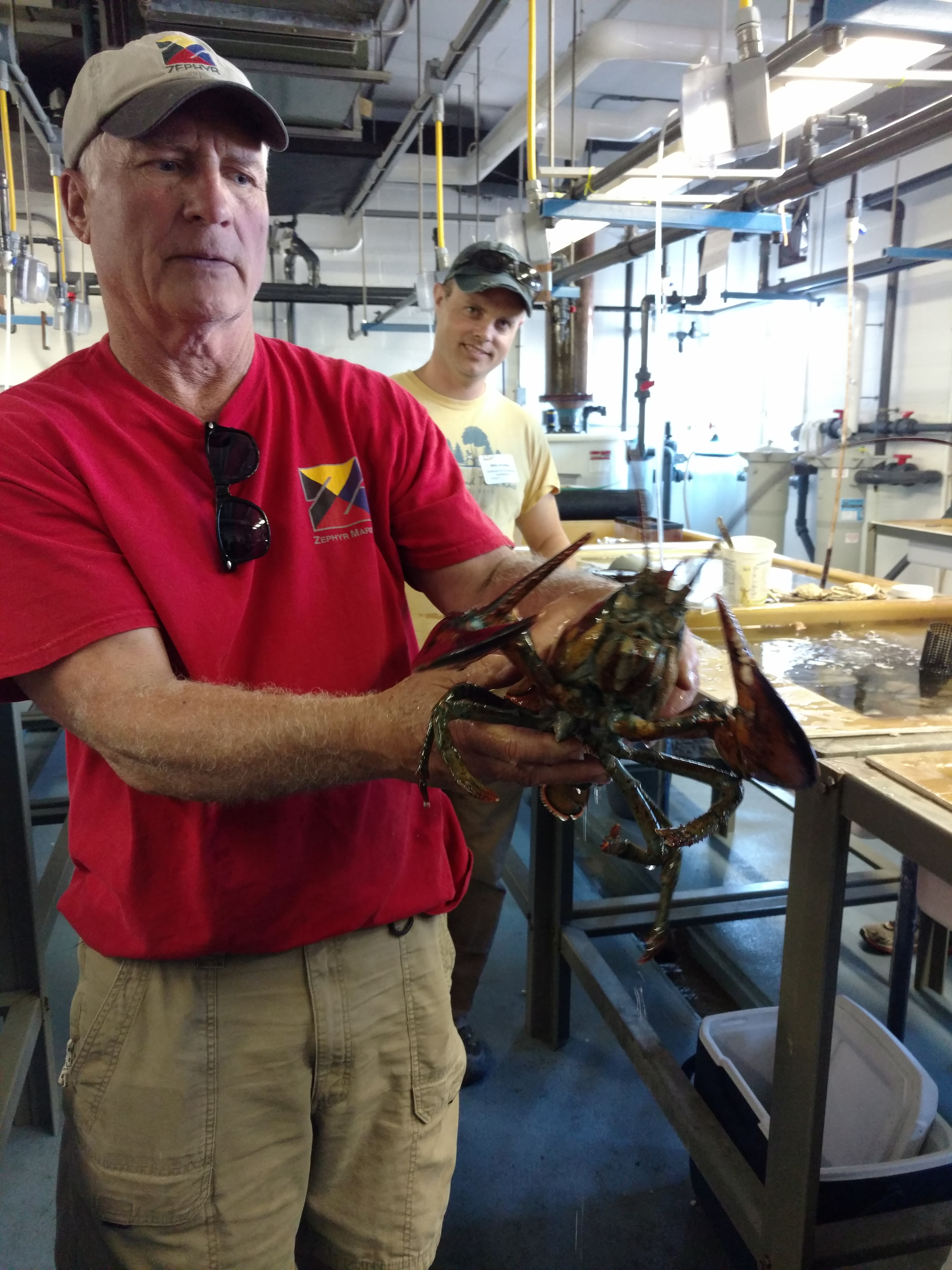
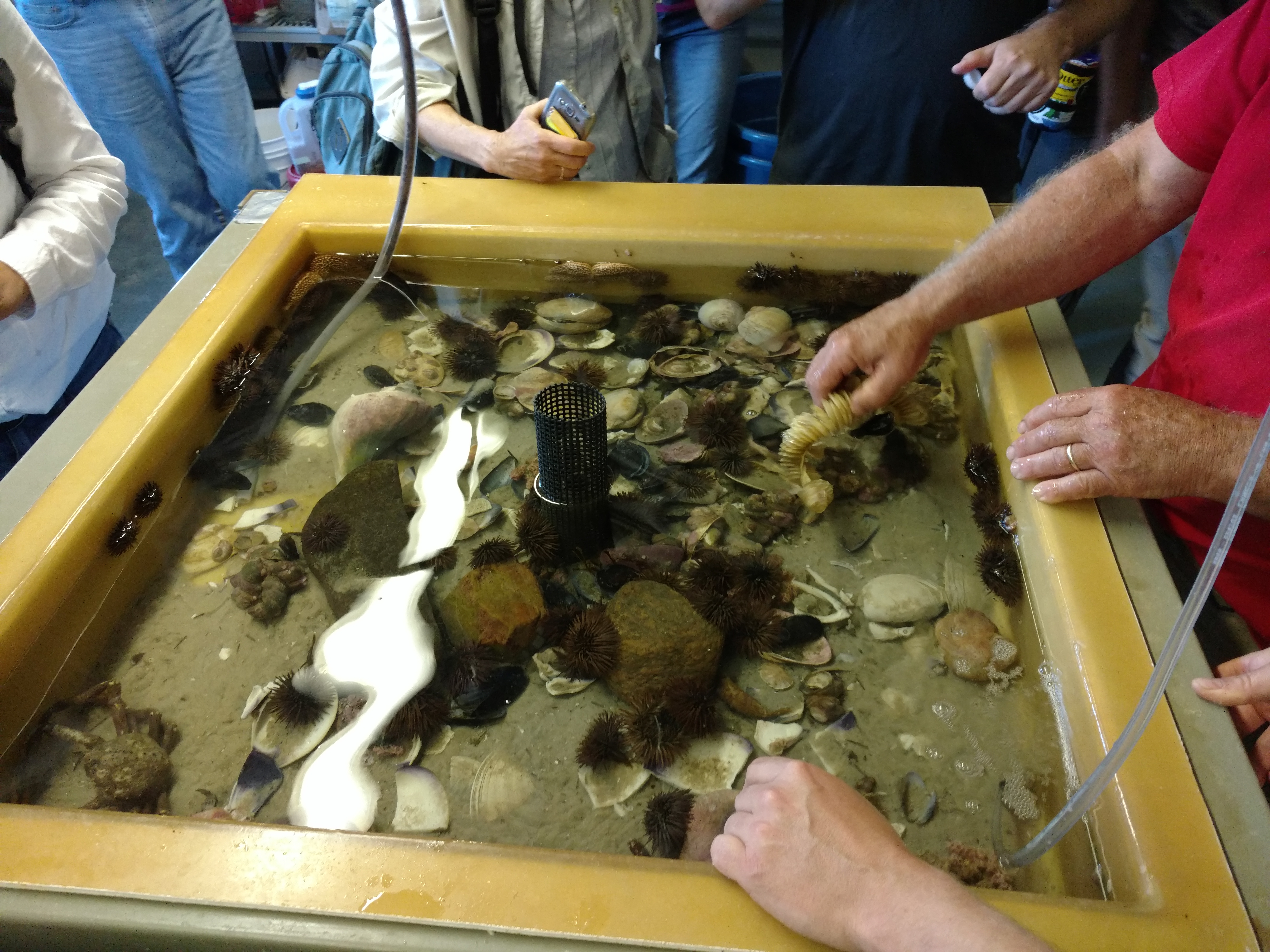
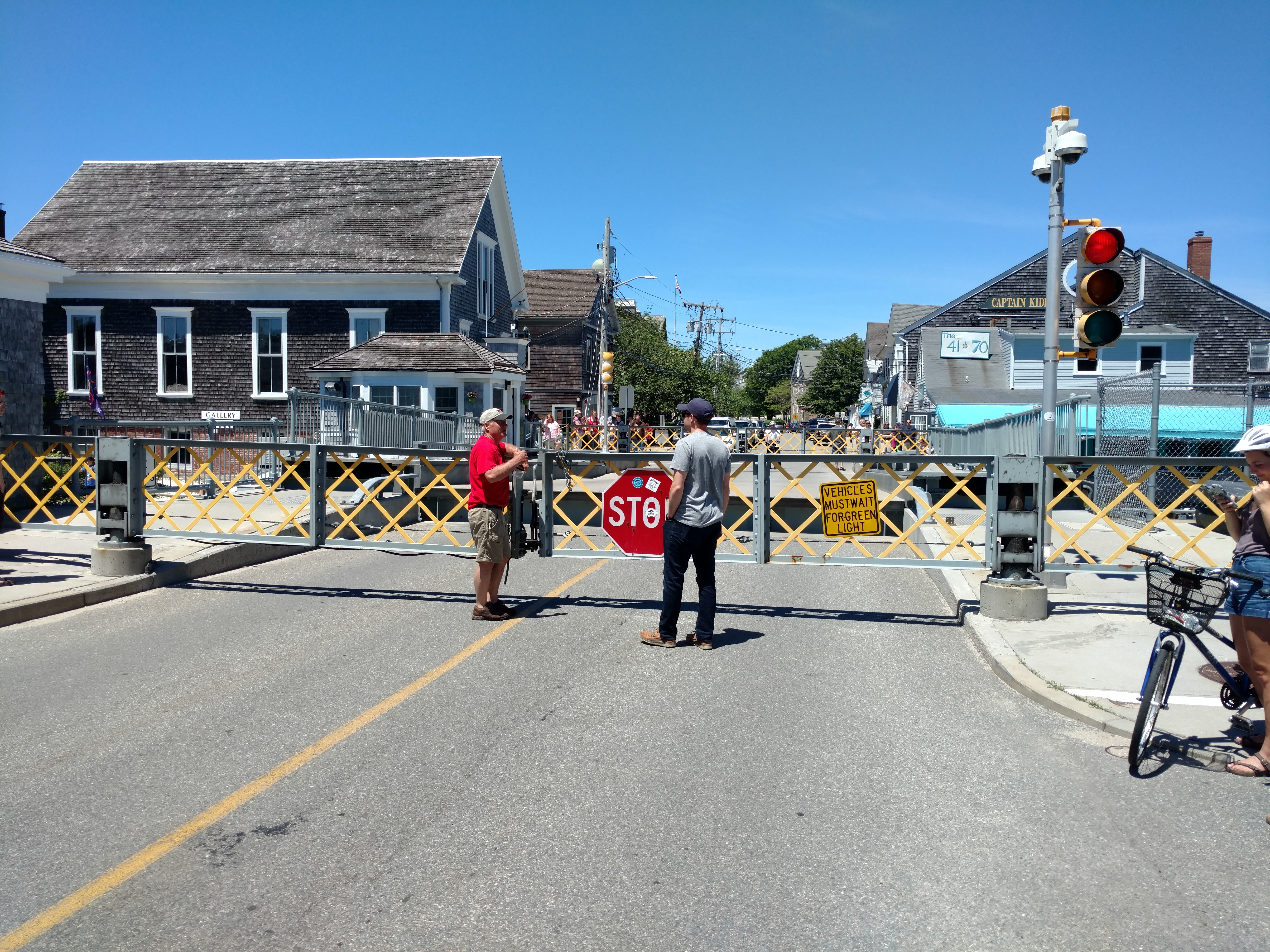
Thank you to the course instructors and Woods Hole Group for putting together such a fantastic course!









